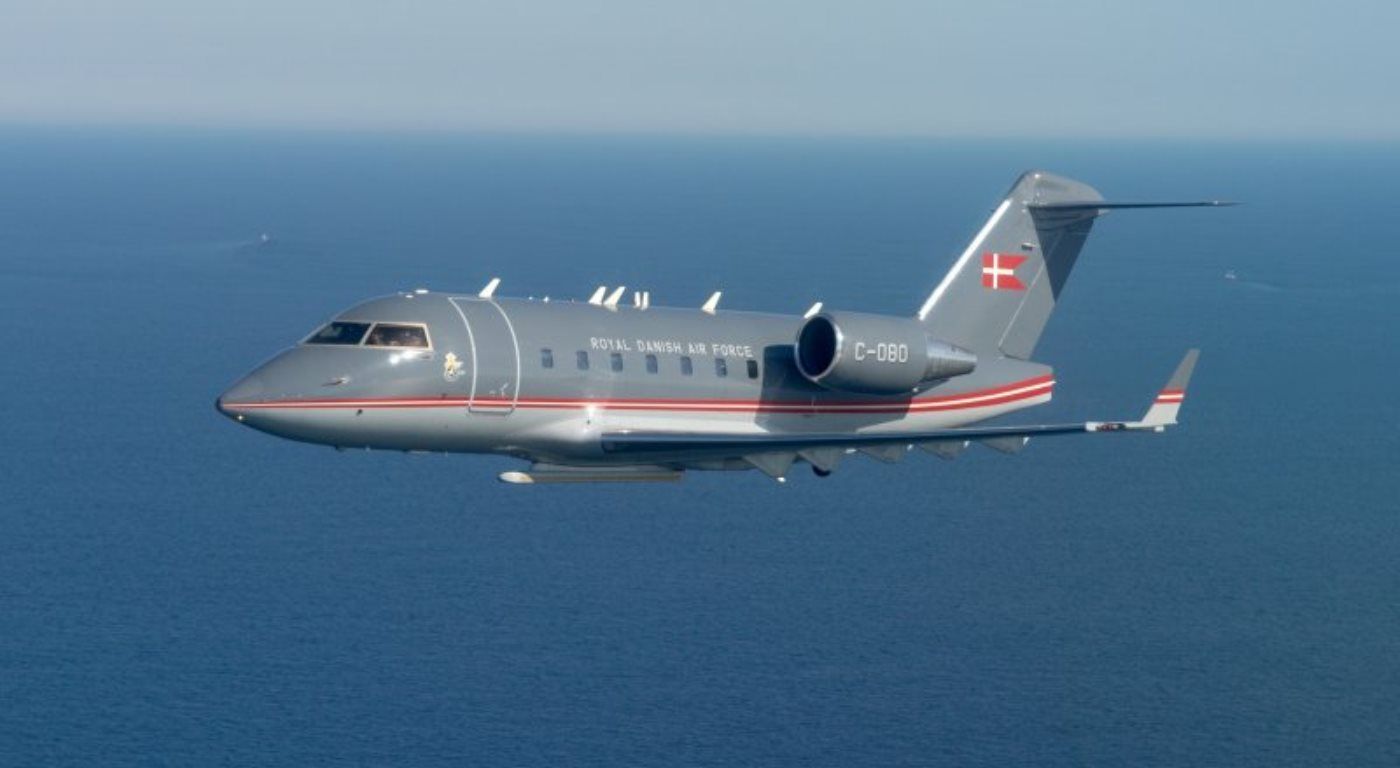Denmark has deployed a Challenger aircraft to help keep an eye on shipping traffic and support rescue operations in the central Mediterranean Sea.
The deployment is part of Operation Triton, which is run by the EU’s border security agency Frontex in the Mediterranean and consists of voluntary contributions from a number of other European nations (both EU member states and non-members).
“It’s an important political priority for the EU to secure its borders properly,” said the foreign minister, Anders Samuelsen.
“So I’m very pleased that Denmark can once again deliver an aircraft to Frontex’s important work. We will deploy a contribution to a high-priority task at a time when the pressure from migrants and refugees is massive in the Mediterranean.”
READ MORE: Danish chief of defence stepping down
Saving lives and tackling crime
The defence minister, Claus Hjort Frederiksen, contended that reconnaissance intelligence from Danish aircraft will help save lives and tackle illegal migration, human trafficking and other border-related crime.
The aircraft was initially deployed for 31 days starting yesterday, and it is the third time Denmark has delivered similar aircraft contributions after doing so twice in 2015.
The 26 European countries taking part in Operation Triton are Austria, Belgium, Bulgaria, Croatia, the Czech Republic, Denmark, Estonia, Finland, France, Germany, Greece, Hungary, Iceland, Latvia, Lithuania, Luxembourg, Malta, Netherlands, Norway, Poland, Portugal, Romania, Sweden, Switzerland, Slovakia, Slovenia, Spain and the UK.















